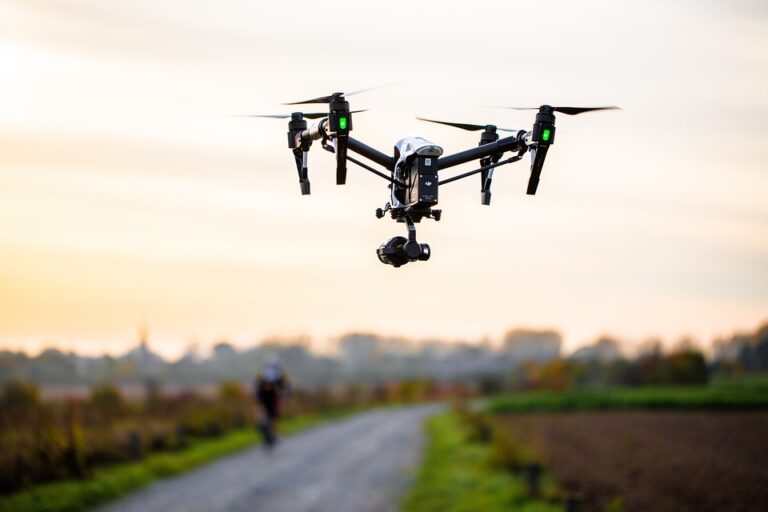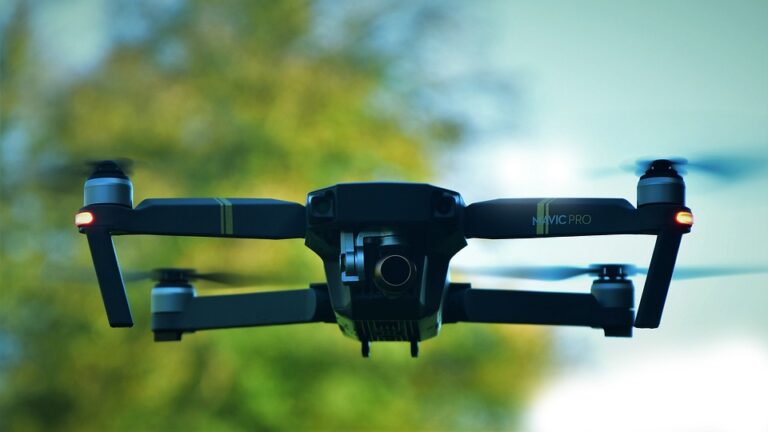Unmanned Farming: The Advantages of Drones in Modern Agriculture
In recent years, the agricultural industry has witnessed a significant transformation due to technological advancements. One such innovation that has revolutionized farming practices is the use of unmanned aerial vehicles, commonly known as drones. These small, unmanned aircraft have proven to be invaluable tools in modern agriculture, offering a range of benefits that have revolutionized the way farmers work. This article explores the advantages of drones in modern agriculture and sheds light on the impact they have had on farming practices.
One of the primary advantages of using drones in agriculture is their ability to provide farmers with valuable data and insights. Equipped with advanced sensors and cameras, drones can capture high-resolution images and collect data on crop health, irrigation, and soil conditions. This data can be analyzed and used to make informed decisions regarding crop management, allowing farmers to optimize their resources and improve yields. By identifying areas of poor crop health or nutrient deficiencies, farmers can take targeted actions to rectify the issue, resulting in healthier plants and increased productivity.
Additionally, drones can cover large areas of farmland in a fraction of the time it would take traditional methods. In the past, farmers would rely on manual inspections to assess crop health, which could be laborious and time-consuming, especially on large farms. Drones, on the other hand, can fly over vast areas of land quickly and efficiently, providing farmers with a comprehensive overview of their crops in a matter of hours. This not only saves time but also allows farmers to detect potential issues early on, preventing further damage and reducing the overall cost of crop management.
Another advantage of using drones in agriculture is their ability to assist in precision agriculture. Precision agriculture involves the use of technology to monitor and manage crops with great accuracy, minimizing the use of resources and maximizing efficiency. Drones play a crucial role in this approach by enabling farmers to apply inputs, such as fertilizers or pesticides, precisely where they are needed. By utilizing the data collected by drones, farmers can create detailed maps of their fields, identifying areas that require specific treatments. This targeted approach not only reduces the use of chemicals but also minimizes the impact on the environment, making agriculture more sustainable.
Moreover, drones have proven to be useful tools in monitoring livestock. They can be equipped with thermal imaging cameras, allowing farmers to assess the health and well-being of their animals. By flying over grazing areas or barns, drones can detect anomalies in body temperature, which may indicate sickness or injury. This early detection enables farmers to provide timely veterinary care, preventing the spread of disease and minimizing losses. Drones can also be used to locate missing animals, saving valuable time and resources in the search process.
Furthermore, the use of drones in agriculture enhances worker safety. Farming can be a hazardous occupation, with many tasks involving heavy machinery or exposure to chemicals. By employing drones for tasks such as crop monitoring or field inspections, farmers can minimize the need for human presence in potentially dangerous situations. This not only reduces the risk of accidents but also allows workers to focus on more complex and skilled tasks, improving overall productivity.
In conclusion, unmanned farming has brought about a significant transformation in modern agriculture. Drones have proven to be invaluable tools, offering a range of advantages that have revolutionized farming practices. From providing valuable data and insights to enabling precision agriculture and improving worker safety, drones have become an integral part of the agricultural industry. As technology continues to advance, it is expected that the role of drones in farming will only continue to grow, further enhancing productivity, sustainability, and efficiency in the sector.




